Parliament – Reform, Abolition, Powers: By the late 17th century, the power of the monarch had declined, and the relationship between the Lords and Commons had shifted in favour of the Commons. When the Whig majority in the House of Lords threatened to reject the Treaty of Utrecht with France in 1712, the government created enough Tory peerages in that house to guarantee support for its policy
Monarchy Plans Egregious Funeral & Coronation Costs Amidst Cost of Living and Energy Crisis — International Relations Review
11.6.2.2 George III Seeks to Tame Parliament. With the arrival to the throne of George III (1760-1820), the Crown’s attitude towards Parliament radically changed. The new king was of an authoritarian bent, and immediately locked horns with William Pitt, who the monarch forced to resign in 1761 (Watson 2001, 74).
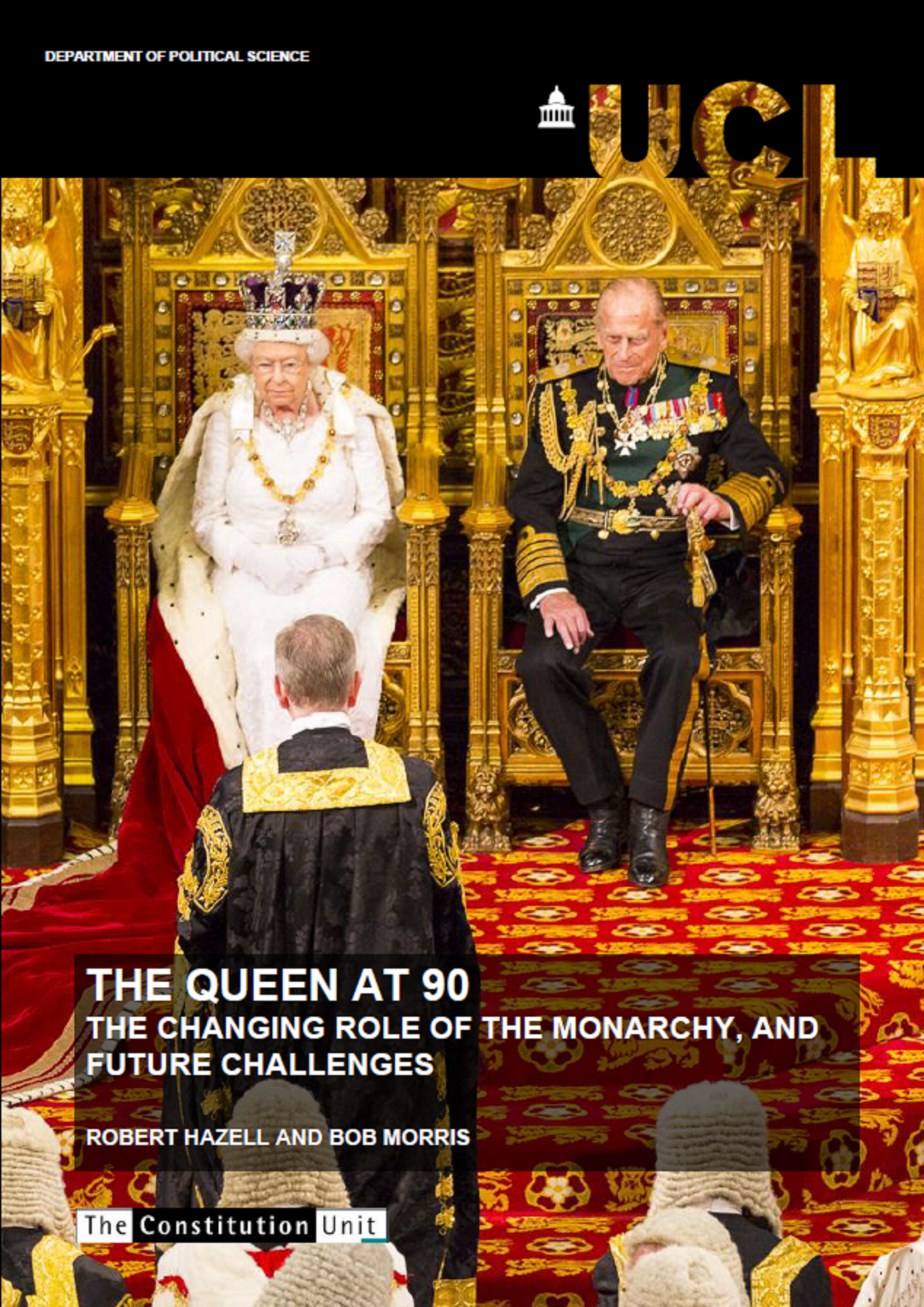
Source Image: ucl.ac.uk
Download Image
Nov 21, 2023The power of the British monarchy continued to diminish gradually over the next two centuries. By the time Queen Victoria ascended to the throne in 1837, the political power of the monarch had all
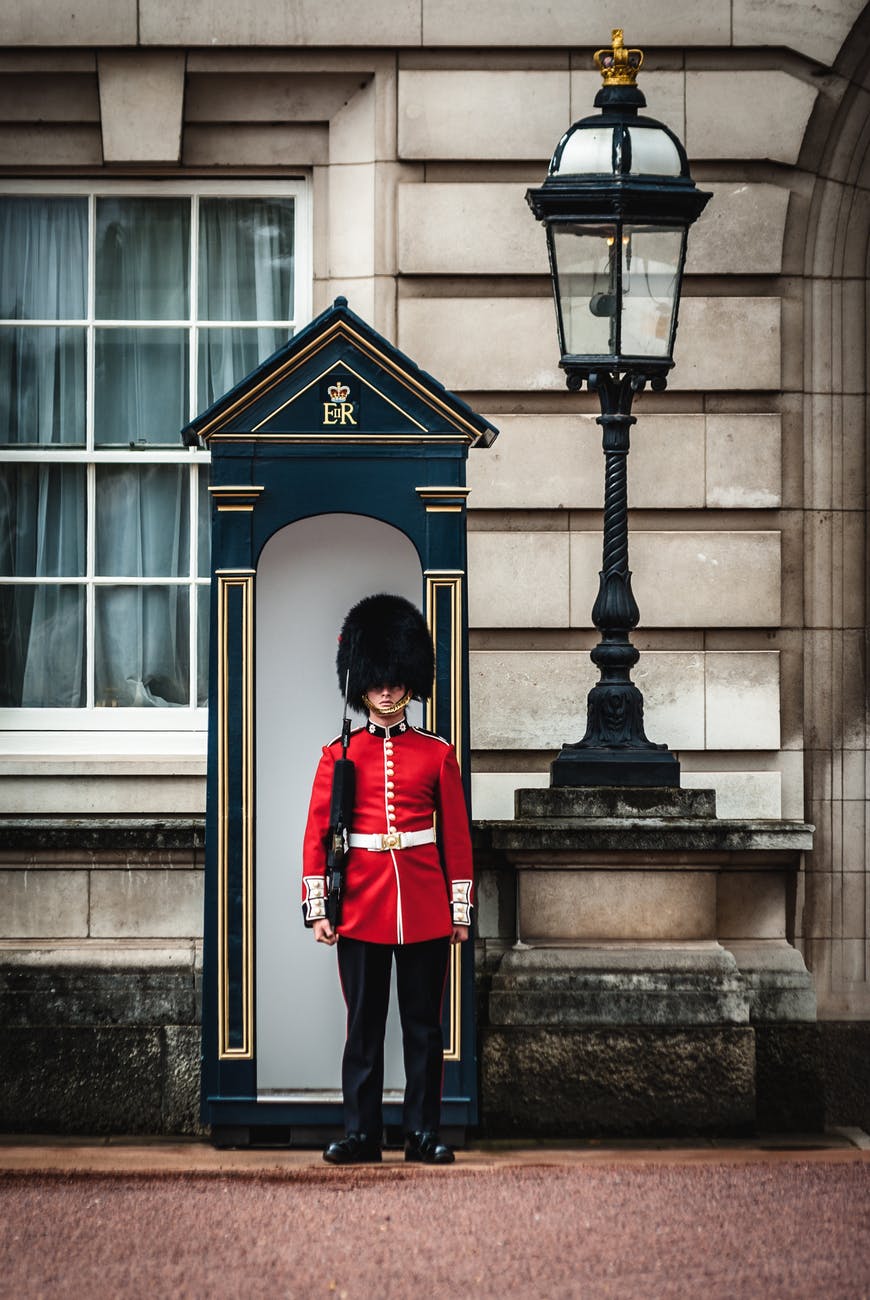
Source Image: thinkinginenglish.blog
Download Image
The Independent guide to the UK constitution: The monarchy | The Independent | The Independent The monarchy of the United Kingdom, commonly referred to as the British monarchy, is the constitutional form of government by which a hereditary sovereign reigns as the head of state of the United Kingdom, the Crown Dependencies and the British Overseas Territories.The current monarch is King Charles III, who ascended the throne on 8 September 2022, upon the death of his mother, Queen

Source Image: quora.com
Download Image
When Did The British Monarchy Lose Power To Parliament
The monarchy of the United Kingdom, commonly referred to as the British monarchy, is the constitutional form of government by which a hereditary sovereign reigns as the head of state of the United Kingdom, the Crown Dependencies and the British Overseas Territories.The current monarch is King Charles III, who ascended the throne on 8 September 2022, upon the death of his mother, Queen The evolution of Parliament. The Palace of Westminster has been a centre of power for over 900 years. In this section we chart the development of parliamentary sovereignty, from absolute rule by the Sovereign, to Parliament asserting its authority over the monarchy, through to a modern democratic legislature in a technological age.
When exactly did the English Crown lose power and become just a symbol, as I thought the King signed an Act of Parliament in 1937 that regarded power? – Quora
From 1649 to 1660, the tradition of monarchy was broken by the republican Commonwealth of England, which followed the Wars of the Three Kingdoms. Following the installation of William and Mary as co-monarchs in the Glorious Revolution, a constitutional monarchy was established with power shifting to Parliament. Monarchy Rules: what happened to the House of Hanover? – Royal Central

Source Image: royalcentral.co.uk
Download Image
hips.hearstapps.com/hmg-prod/images/royal-year-658… From 1649 to 1660, the tradition of monarchy was broken by the republican Commonwealth of England, which followed the Wars of the Three Kingdoms. Following the installation of William and Mary as co-monarchs in the Glorious Revolution, a constitutional monarchy was established with power shifting to Parliament.

Source Image: townandcountrymag.com
Download Image
Monarchy Plans Egregious Funeral & Coronation Costs Amidst Cost of Living and Energy Crisis — International Relations Review Parliament – Reform, Abolition, Powers: By the late 17th century, the power of the monarch had declined, and the relationship between the Lords and Commons had shifted in favour of the Commons. When the Whig majority in the House of Lords threatened to reject the Treaty of Utrecht with France in 1712, the government created enough Tory peerages in that house to guarantee support for its policy

Source Image: irreview.org
Download Image
The Independent guide to the UK constitution: The monarchy | The Independent | The Independent Nov 21, 2023The power of the British monarchy continued to diminish gradually over the next two centuries. By the time Queen Victoria ascended to the throne in 1837, the political power of the monarch had all
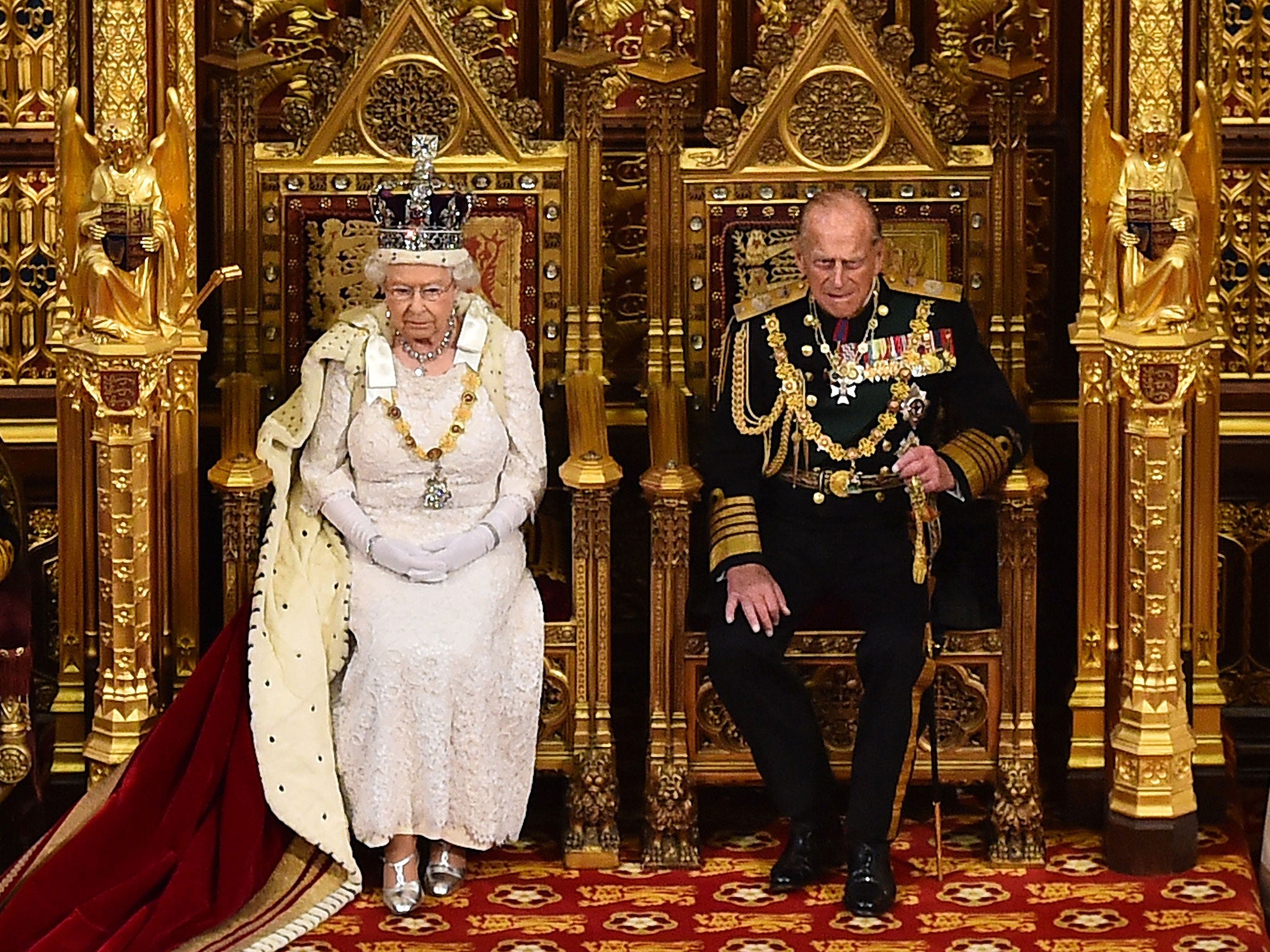
Source Image: independent.co.uk
Download Image
The second Elizabethan age is over. What purpose will the British monarchy serve now? Parliament’s Humble Beginnings. The present-day Parliament is a bicameral (“two chambers”) legislature with a House of Lords and a House of Commons. These two houses, however, weren’t
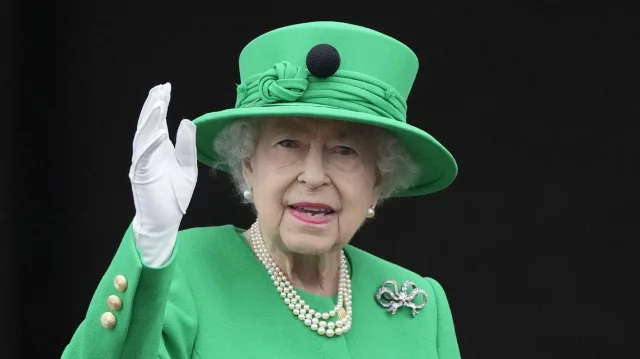
Source Image: dhakatribune.com
Download Image
Do the U.K. Royals Actually Have Any Power? The monarchy of the United Kingdom, commonly referred to as the British monarchy, is the constitutional form of government by which a hereditary sovereign reigns as the head of state of the United Kingdom, the Crown Dependencies and the British Overseas Territories.The current monarch is King Charles III, who ascended the throne on 8 September 2022, upon the death of his mother, Queen
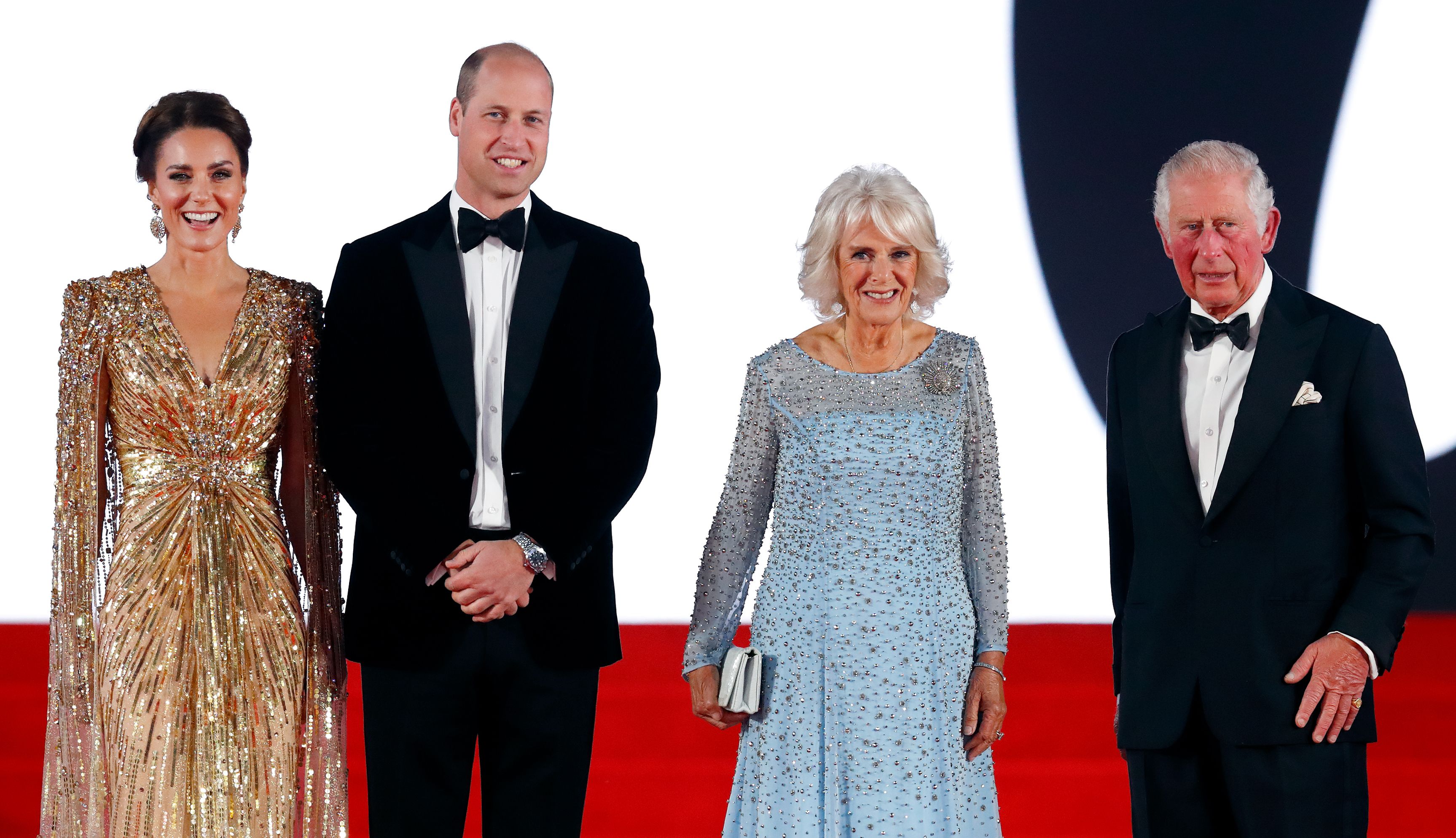
Source Image: cosmopolitan.com
Download Image
How did English Parliament gain power of the monarchy? – YouTube The evolution of Parliament. The Palace of Westminster has been a centre of power for over 900 years. In this section we chart the development of parliamentary sovereignty, from absolute rule by the Sovereign, to Parliament asserting its authority over the monarchy, through to a modern democratic legislature in a technological age.

Source Image: m.youtube.com
Download Image
hips.hearstapps.com/hmg-prod/images/royal-year-658…
How did English Parliament gain power of the monarchy? – YouTube 11.6.2.2 George III Seeks to Tame Parliament. With the arrival to the throne of George III (1760-1820), the Crown’s attitude towards Parliament radically changed. The new king was of an authoritarian bent, and immediately locked horns with William Pitt, who the monarch forced to resign in 1761 (Watson 2001, 74).
The Independent guide to the UK constitution: The monarchy | The Independent | The Independent Do the U.K. Royals Actually Have Any Power? Parliament’s Humble Beginnings. The present-day Parliament is a bicameral (“two chambers”) legislature with a House of Lords and a House of Commons. These two houses, however, weren’t